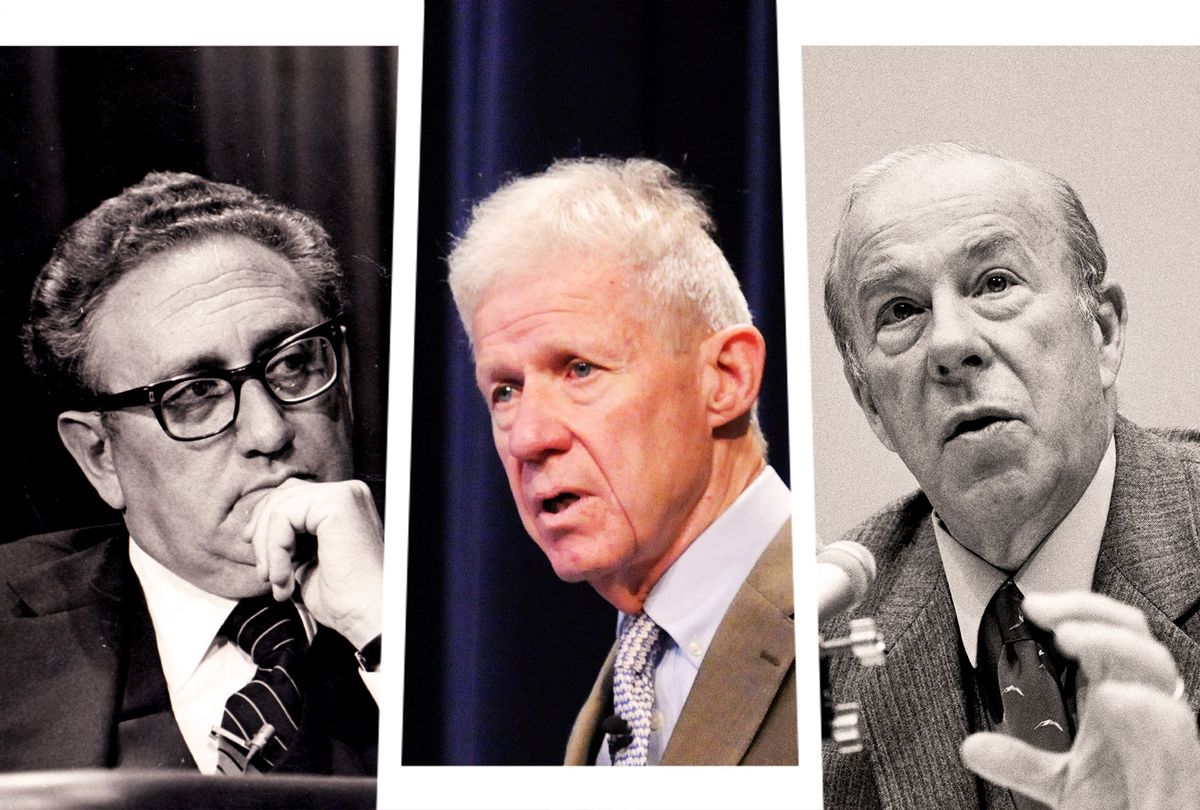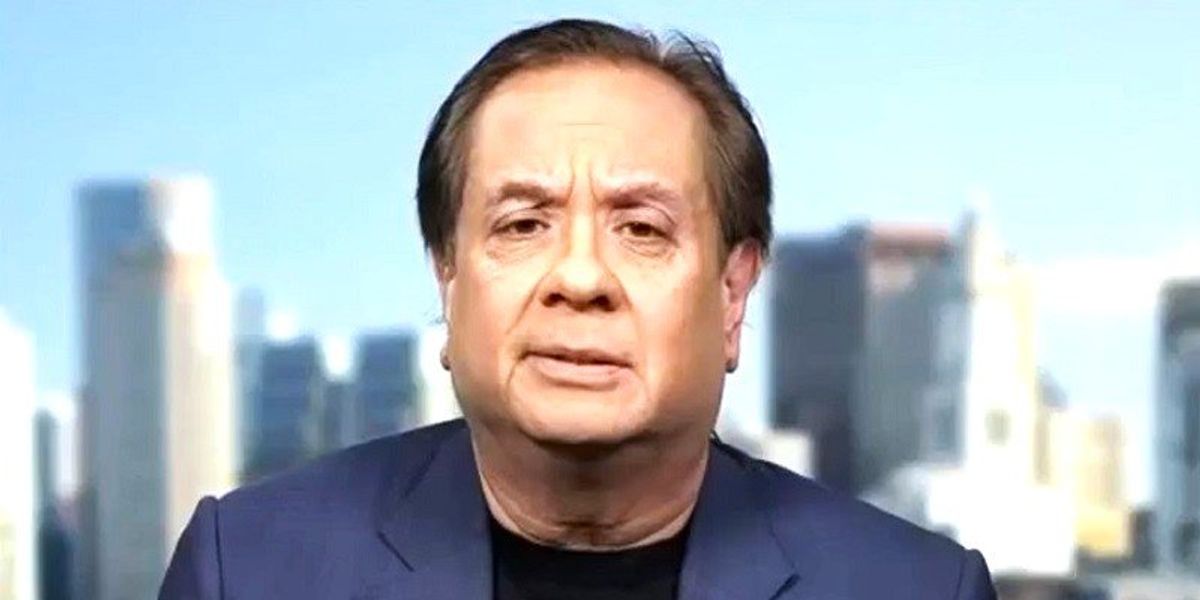
What "politics" does to history: The saga of Henry Kissinger and George Shultz's right-hand man
SalonThe apothegm "De mortuis nil nisi bonum" urges compassion and respect for the recently deceased, no matter how flawed they were in life. The conference webinar's virtually assembled participants — some Yale faculty were "removed" by the website host from the "audience" — parodied unintentionally Hill's long career of diplomatic dissembling. Conference tributes came also from Yale alumnus L. Paul Bremer III, the former American proconsul of Iraq's Green Zone in 2003; from former U.S. Trade Representative Carla Hills ; and from toadying Yale faculty, including Hill's Grand Strategy partners, the historians Gaddis and Kennedy, as well as from the ubiquitous political scientist Bryan Garsten and the self-avowed "public interest lawyer" and longtime program functionary Justin Zaremby. Hill's first feint was to fall nobly on his sword, as a Foreign Service officer would: "It was my doing, and is blameless," he told the Yale Daily News before explaining that he, too, was blameless because he and Shultz met every summer "to discuss and debate current world issues, usually while taking notes and writing throughout." Reviewing a book by Hill's Grand Strategy colleague John Lewis Gaddis in the New York Review in 2006, Judt noted sardonically that "Gaddis' account of gives the Reagan administration full credit for many of Gorbachev's own opinions, ideas, and achievements — as well it might, since in this section of the book Gaddis is paraphrasing and citing Secretary of State George Shultz's memoir, 'Turmoil and Triumph.'"
Discover Related










